Historic legislation, record investments, and community-based engagement are building the foundation to make Maryland the state that serves
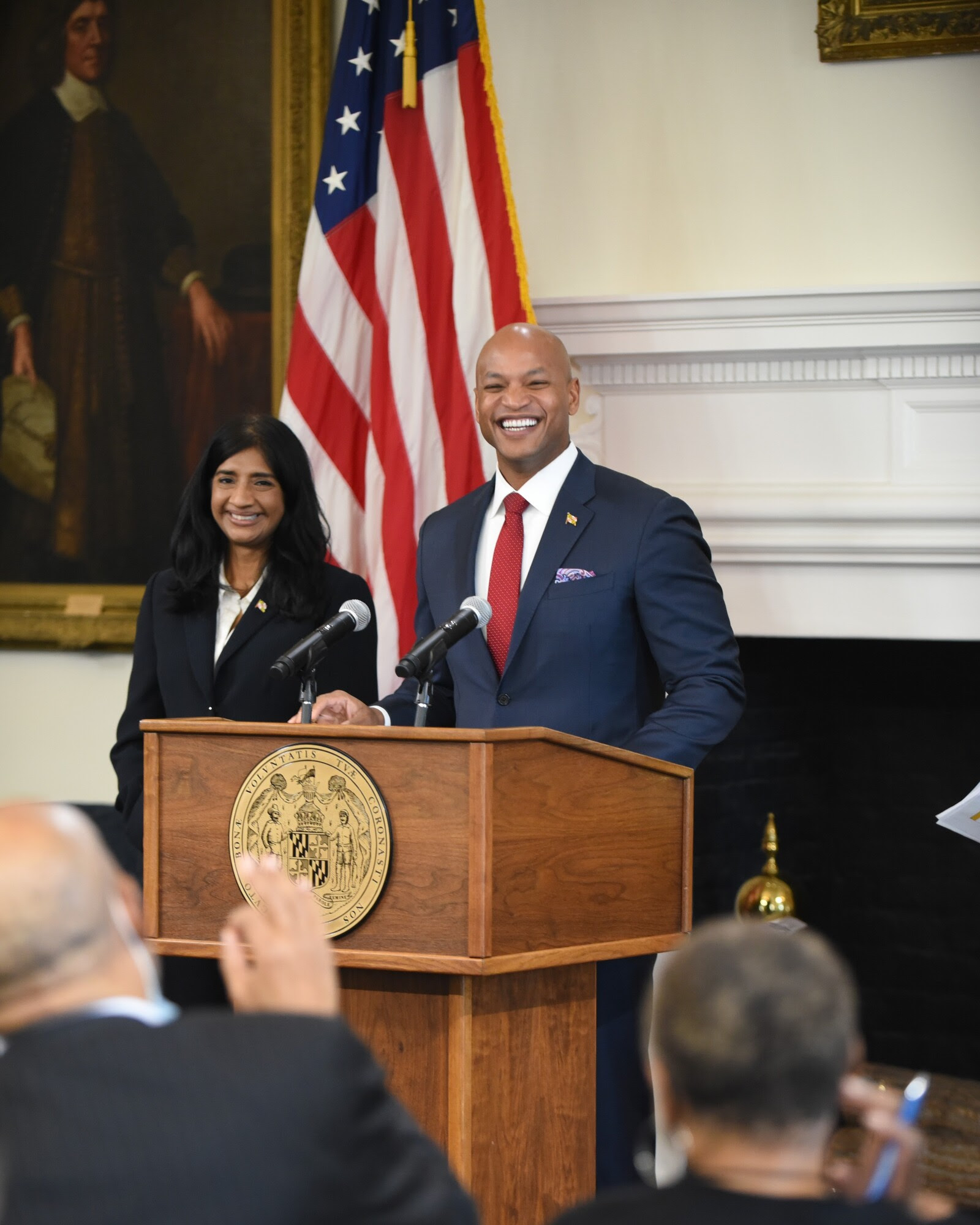
ANNAPOLIS, MD — In the Moore-Miller Administration’s first 100 days, Governor Wes Moore signed 242 bills, enacted a historic $63 billion budget, and traveled thousands of miles across the state engaging with Maryanders and building partnerships in communities. The governor and Lt. Governor Aruna Miller marked the occasion today with a tour on the Eastern Shore, visiting Salisbury University, the Salisbury Wicomico Regional Airport, and holding a small business roundtable.
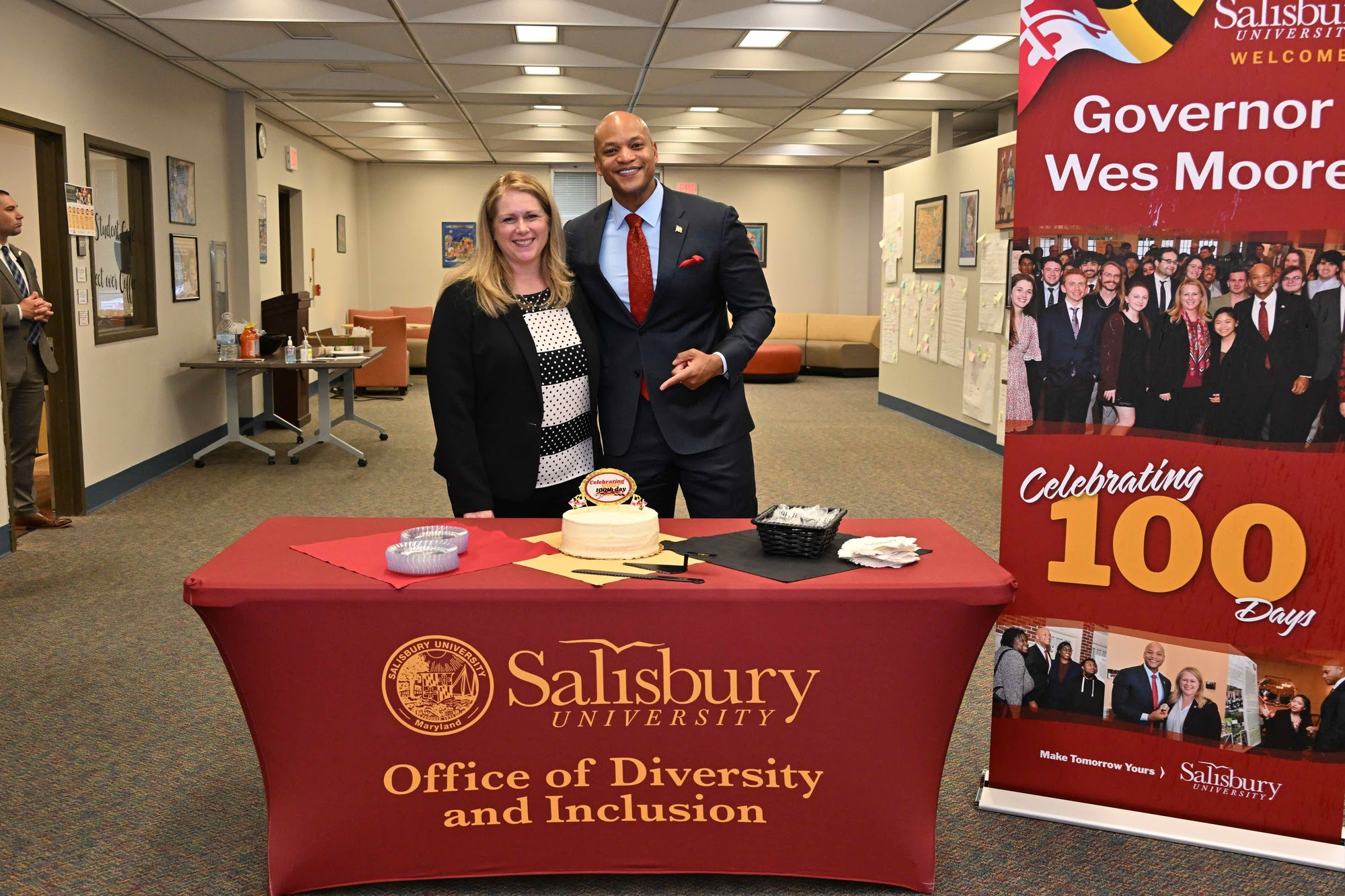
“These first 100 days are a testament to what is to come here in Maryland—investment in our communities, opportunity for all Marylanders, and a commitment to creating a Maryland that leaves no one behind,” said Gov. Moore. “This is just the beginning—this is how Maryland’s decade starts: with jobs, record investments in public education, raising wages, ending child poverty, protecting women’s reproductive rights, and investing in the safety of our communities. Together we are going to build the future we want to see in this state.”
“Over the last 100 days, this administration has broken down barriers, uplifted underserved communities and delivered successes for all Marylanders,” said Lt. Gov Miller. “We’ve made history by building a government that serves all Maryanders—whether it’s appointing the most diverse cabinet the state has ever seen, or creating the nation’s first government-sponsored service year program. Our work is far from finished, and Governor Moore and I will continue to deliver on our promises and fulfill the commitment we made to leave no Marylander behind.”
Among the Moore-Miller Administration’s achievements are the governor’s budget, which delivers a record $8.7 billion for K-12 education, $1.3 billion for mental health and substance use programs, and $122 million in aid to local police departments.
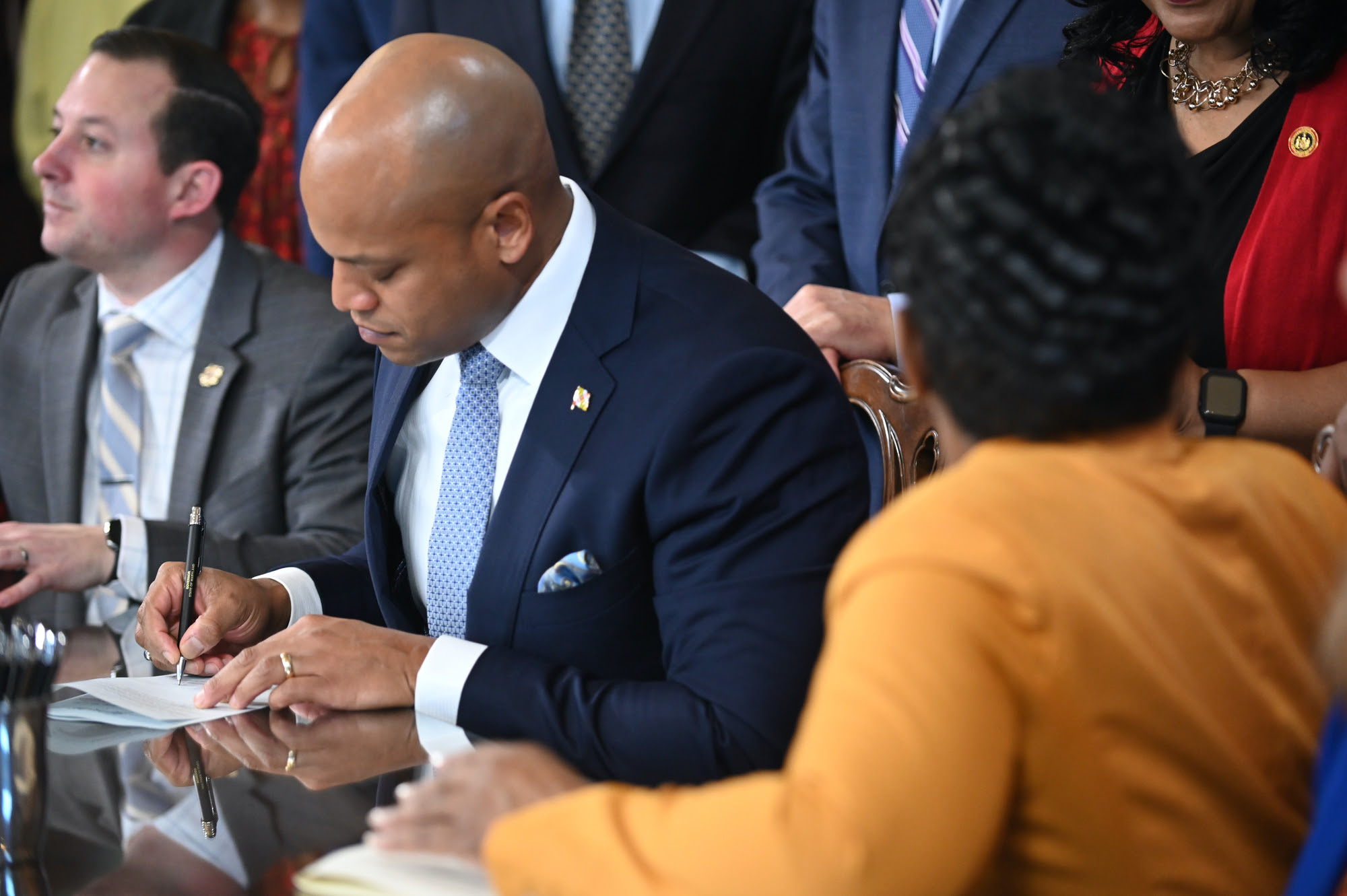
H.B. 200, The Budget Bill, provides historic investments in education:
A record $8.7 billion for Maryland’s K-12 public schools
A record $393 million for Maryland’s 15 local community colleges
More than $420 million in state support for Maryland’s historically black colleges and universities
The budget prioritizes major investments in public safety:
$122 million in aid for local police departments—including $17.5 million for Baltimore City—and an expansion of the Office of the Attorney General and the Office of the Public Defender
$70 million in direct local law enforcement grants
$35 million in General Funds for Victims of Crime Act (VOCA) funding
$18 million for the Correctional Officers and Parole and Probation Agents retention incentive bonus program
$6.4 million and more than 40 additional positions to expand the State Police Gun Center and Firearms Licensing Division
The budget includes record investments health:
A record $1.3 billion in direct state support for mental health and substance use programs
$409 million to fund provider rate increases in behavioral health, developmental disabilities Medicaid, and other services
More than $154 million to expand adult dental coverage to Medicaid clients
- $25 million to reduce waitlists for programs that allow seniors to age in their communities

Lt. Gov. Miller was also the first woman to chair a Maryland Board of Public Works Meeting in more than two decades, and she has met Marylanders where they are by traveling to every single county in the state. It's clear the administration’s opening stretch has been marked by a common theme—serving Maryland.

The historic start to the Moore-Miller Administration will help lift Marylanders to the next rung of the economic ladder by increasing the minimum wage to $15 an hour in January 2024–fulfilling one of the governor’s major campaign promises.
H.B. 549, The Fair Wage Act of 2023, which Governor Moore signed into law on April 11, will accelerate the minimum wage raise two years ahead of schedule and will increase wages for approximately 163,000 workers, benefitting 120,000 children in Maryland.
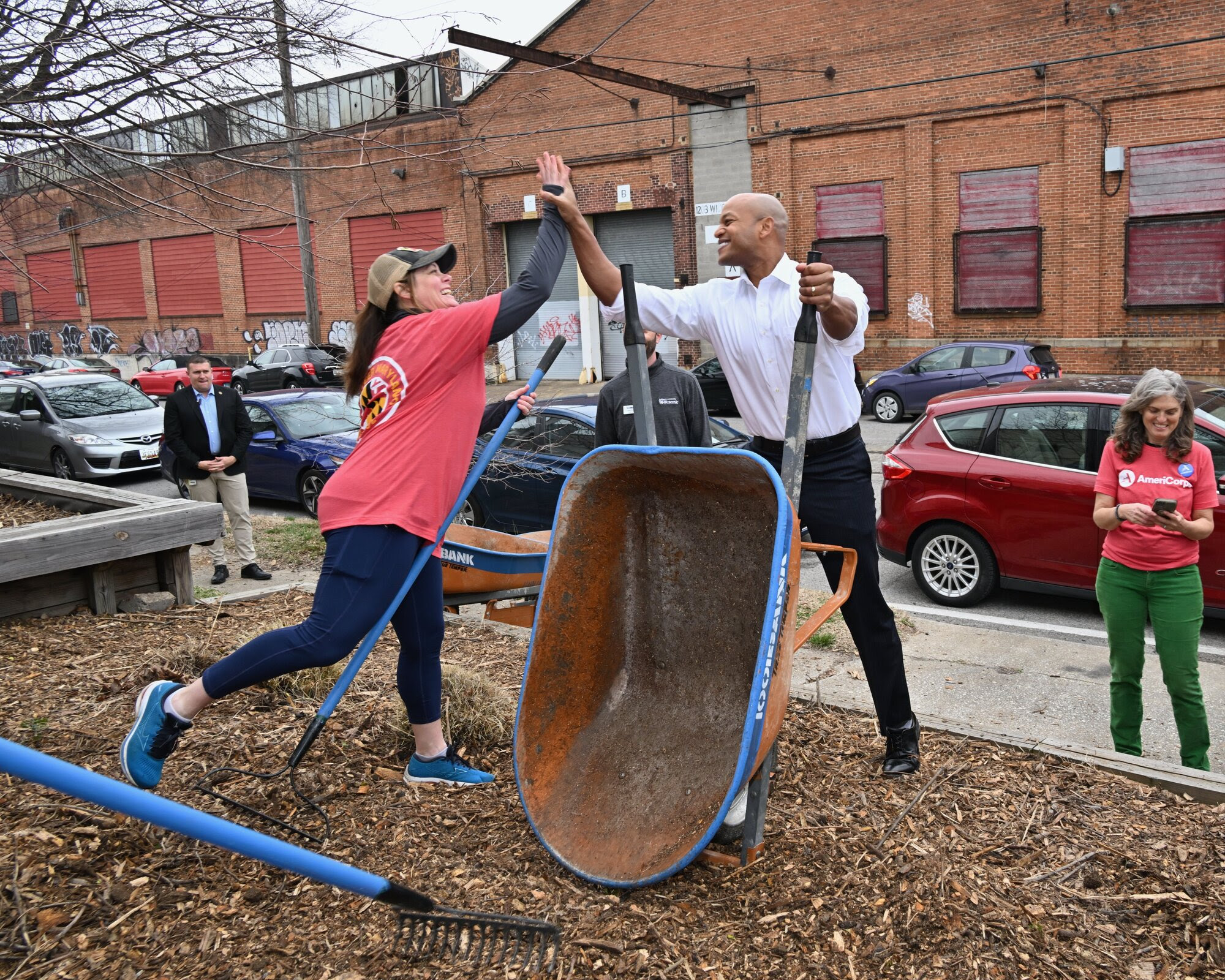
Governor Moore delivered on another major campaign promise—to lay the foundation for future success through job training and mentorship programs and create a lifelong habit of service to our state by establishing a first-in-the-nation service year program.
S.B. 551, The SERVE Act of 2023, which Governor Moore signed into law on April 24, creates a one-of-a-kind service-year option sponsored by state government. The act establishes the Department of Service and Civic Innovation, which will promote service and volunteerism in the state; establishes the Secretary of Service and Civic Innovation and the duties and responsibilities of the secretary; alters the provisions of the Maryland Corps Program, including requiring the new department to administer the program; and establishes the Young Adult Service Year Option Pathway Fund.

Governor Moore took major steps to end child poverty in Maryland, taking action to ensure that all of our children have access to a quality education, food on the table, and a roof over their heads.
H.B. 547, The Family Prosperity Act of 2023, which Governor Moore signed into law on April 11, will lift at least 34,000 Maryland children to the next rung on the economic ladder and combat the root causes of child poverty through two primary means:
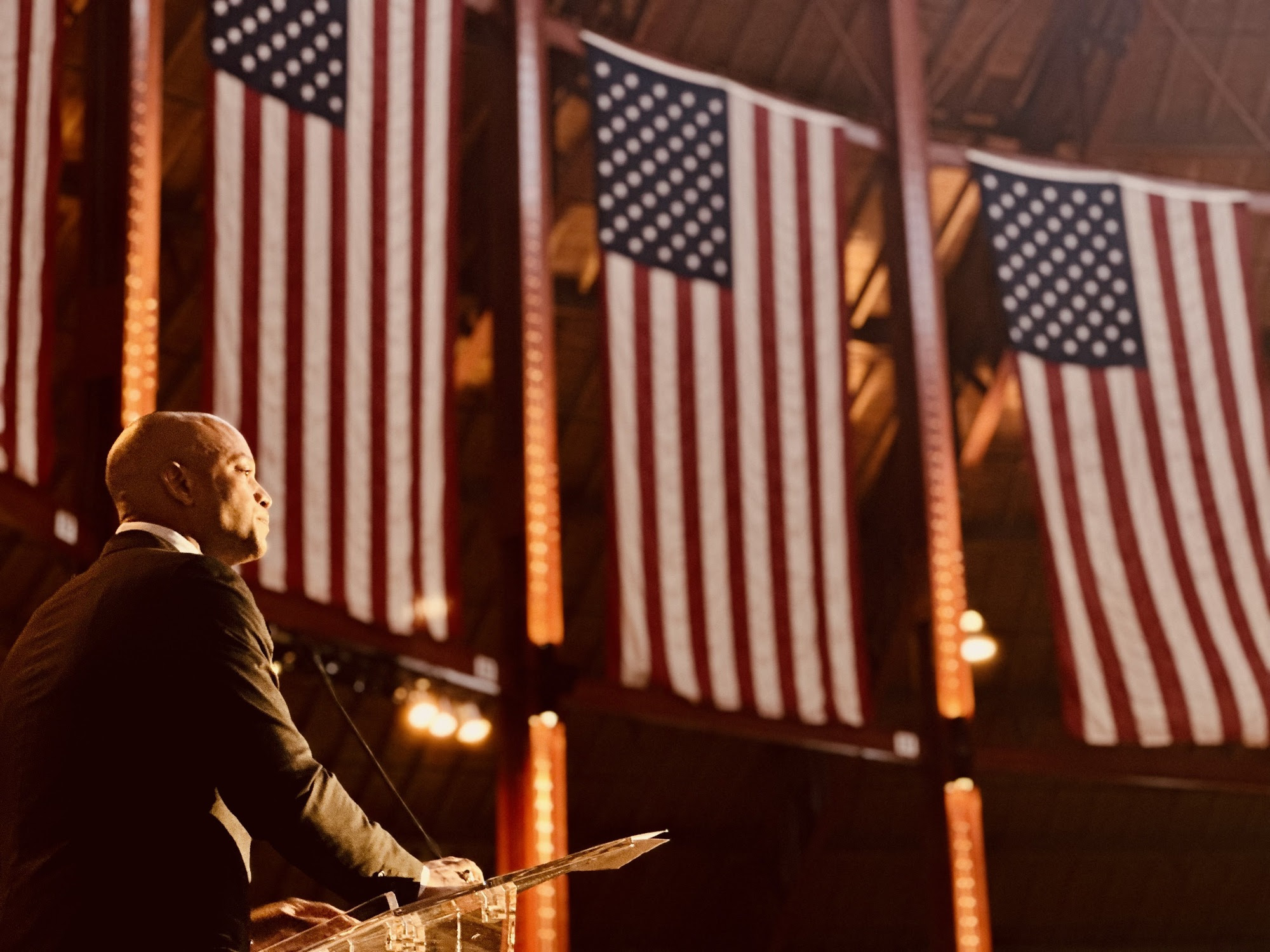
“This is what leaving no one behind looks like Maryland," said Gov. Wes Moore. “We know Maryland is going to succeed because we are in this fight to make a more competitive and equitable state together.”